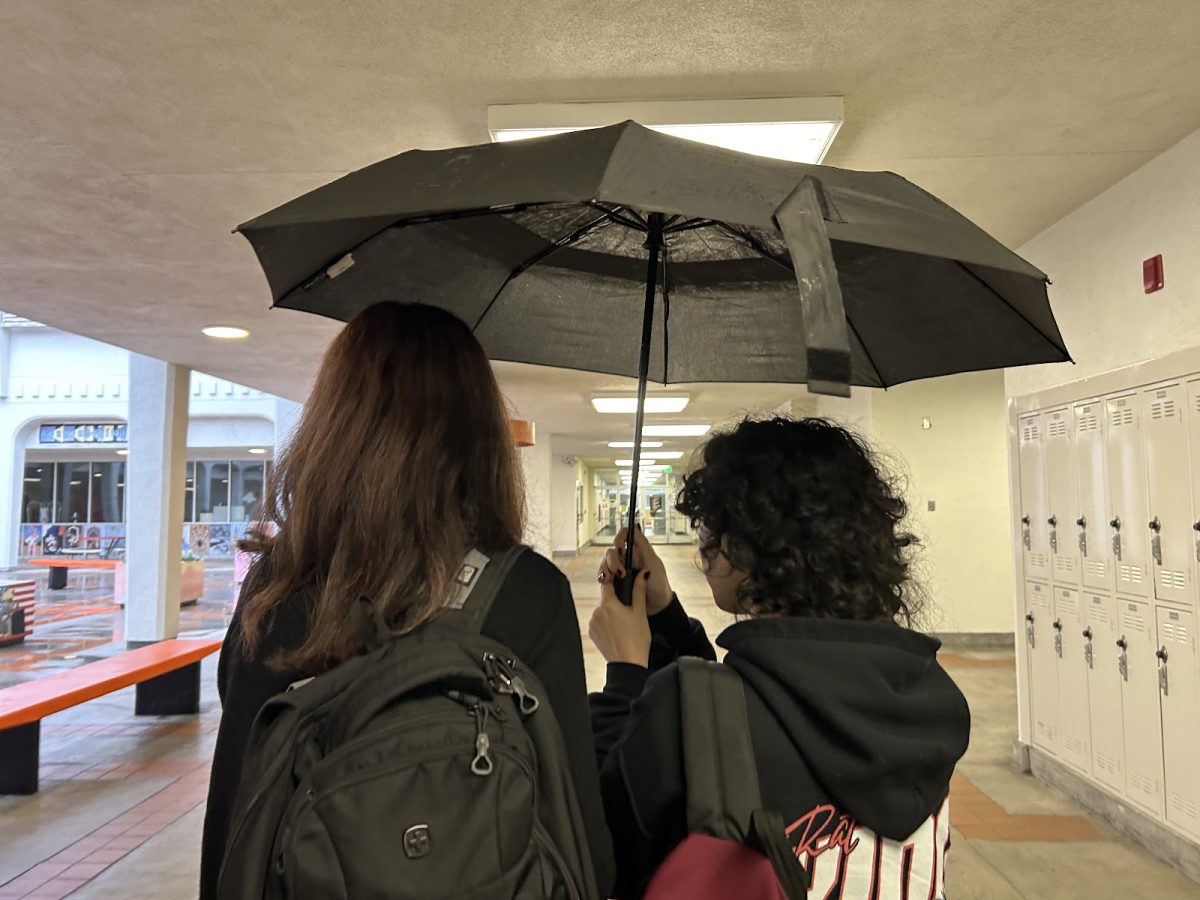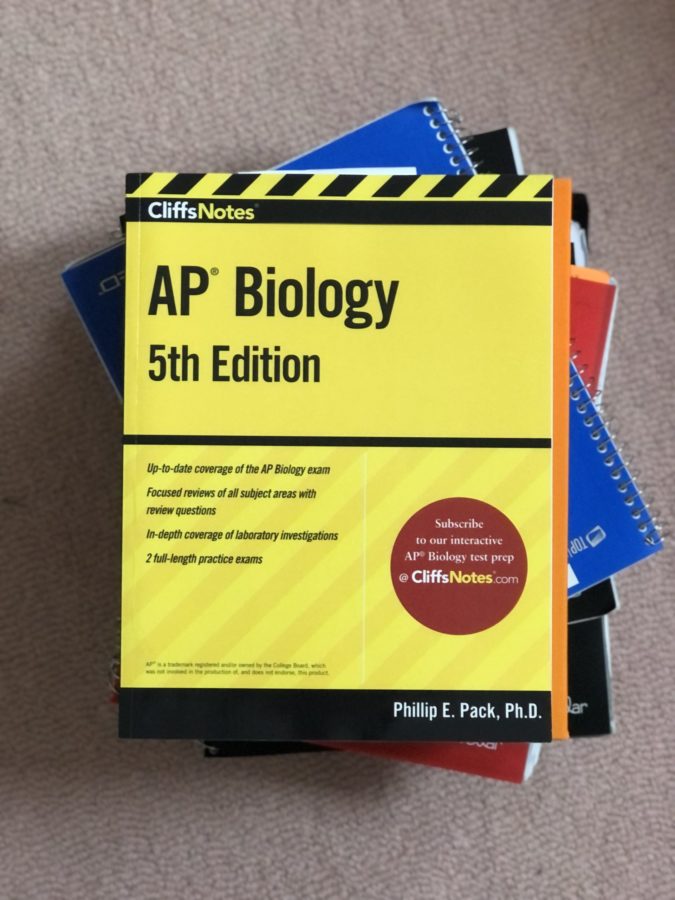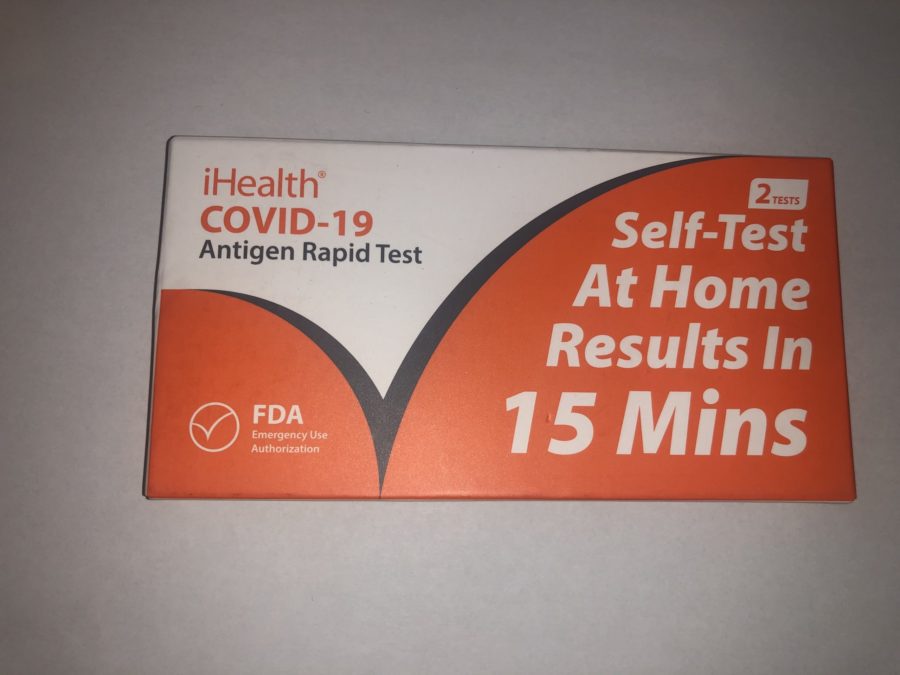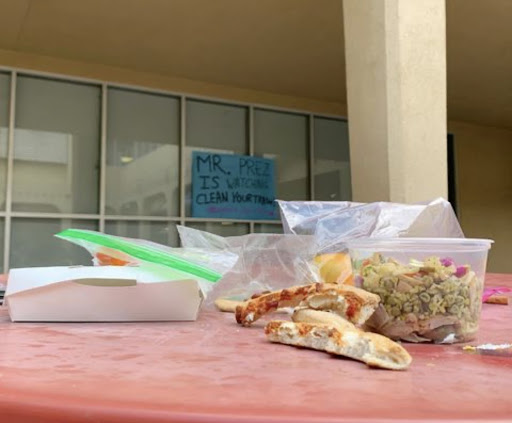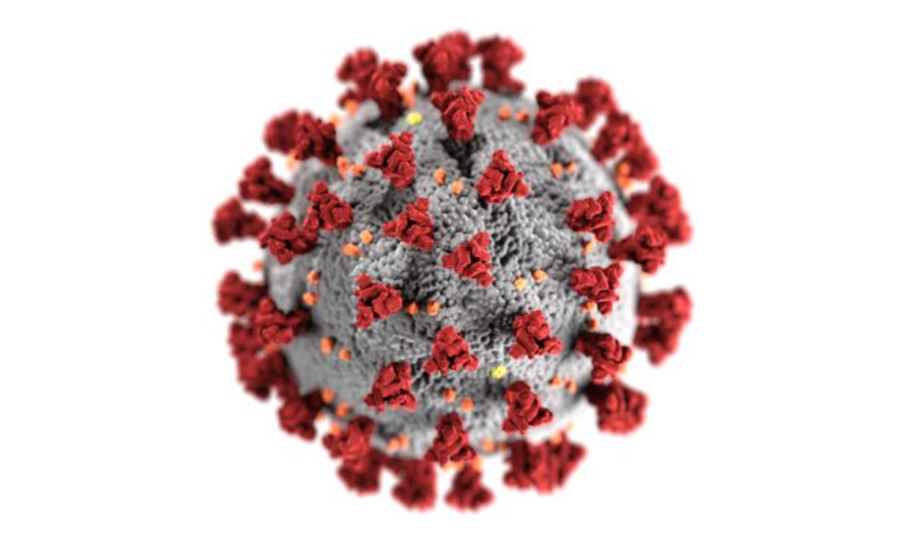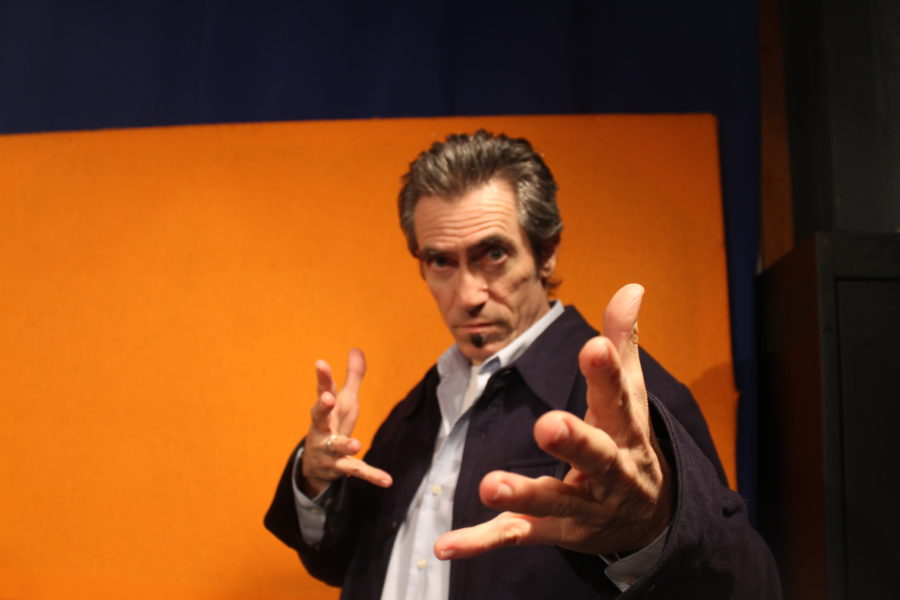As seen in the Feb. 21, print edition.
Max Stahl, comment editor

For Henry Waxman, Democratic representative of California’s 33rd district, which contains Beverly Hills, it has always been policy over politics. One of Washington’s most productive statesmen, Mr. Waxman has amassed over his 40 years in the House a substantial list of legislative achievements ranging from environmental protection to public health. He’s an unwavering liberal, but he’s never been afraid to compromise. Even many of his political opponents agree that Mr. Waxman has played the game right.
On Jan. 30, Mr. Waxman, 74, announced that he would retire at the end of this congressional term, his 20th. He will join more than 30 other House members choosing not to seek reelection in 2014.
“I’ve been in Congress for 40 years, and it seemed to me that this was the time to move on if I’m going to have a life after Congress and to give somebody newer and younger a chance to carry on the job,” Mr. Waxman said in an exclusive interview with Highlights.
Mr. Waxman served from 2007 to 2009 as chairman of the House Oversight and Government Reform Committee, and from 2009 to 2011 as chairman of the House Energy and Commerce Committee. Currently, in the Republican-controlled House, he is the Democrats’ ranking member on the latter.
For the remainder of his term, which will last until Jan. 3, 2015, Mr. Waxman intends to investigate the connection between hydraulic fracturing (“fracking”) and earthquakes, and assist constituents with the Obamacare rollout, among other services.
Mr. Waxman does not yet have any specific plans for his retirement, but he is certain of one thing:
“I will not be a lobbyist,” he said. “But I want to be in both Los Angeles and in Washington, and I’ll try to figure out a combination of different things that I might do that will allow me to be in both places.”
According to a 2012 ranking published in the magazine National Journal, Mr. Waxman stands among the most liberal members of the House of Representatives. He does not shy away from that reputation.
“I strongly believe that government has an essential role to help people,” Mr. Waxman said. “If we believe that there ought to be an opportunity for every child to succeed to the full extent that an individual would be able to do, I believe we’ve got to assure them good health care from the beginning, an education, a good starting point. And for those people in our society that have nowhere else to turn, because the private markets don’t succeed in doing what they need to do for a societal purpose, then government has to step in.”
Mr. Waxman elaborated on his argument with an example from his fight against pollution.
“There’s no reason why any business would want to pay to reduce their pollution, whether it’s into the air or the water or anywhere else. If they have to do it and pay for it, and their competitors aren’t doing the same thing, then we need to put common restrictions on all sources of pollution to have it be part of the cost of doing business, not a cost that other people have to bear when they get sick from the pollution that a business or industry generates,” he said.
Mr. Waxman made good on his promise to reduce pollution in 1990, when President George H.W. Bush signed into law amendments to the Clean Air Act that Mr. Waxman had authored. Of his contributions to the welfare of his district, Mr. Waxman is proudest of this one.
“The Clean Air Act had very strong provisions to clean up areas where the air pollution exceeded the standards for protecting health, and we set in place a requirement that all the different sources of pollution be monitored and a plan be developed by the state and South Coast Air Quality Management District to reduce those pollutants over time; it’s not done overnight. But the air in Los Angeles has been getting much cleaner. At the same time, our economy has improved,” Mr. Waxman said.
Mr. Waxman’s efforts in implementing environmental reform lend credence to his reputation as a patient and persistent legislator.
The amendments, when finally passed in 1990, were eight years in the making.
“In 1982, President Reagan and the Democratic chairman of my committee, John Dingell, backed a bill that would have allowed cars to double the amount of pollution they were already putting into the air. It would have negated the whole impact of the Clean Air Act to reduce air pollution. And I had to fight a fight against them, against their proposal. After we were able to stop it, it took years before we could get support for [our] legislation,” Mr. Waxman said.
Among other things, Mr. Waxman and fellow Democrats added provisions in the legislation to control acid rain and toxic air pollutants, to stop the pollutants that are destroying the upper ozone layer, to strengthen programs to reduce pollutants in urban areas and to prevent pollution in America’s national parks.
“So this bill was a much stronger bill, but it took from 1982 to 1990 before we got a positive bill passed into law,” Mr. Waxman said.
Mr. Waxman is particularly proud of his work in improving healthcare. In addition to his integral role in the passage of the Affordable Care Act (Obamacare) in 2009, he has authored legislation that has improved Medicare coverage for low-income seniors and increased access to healthcare services for children below and just above the poverty line through the Children’s Health Insurance Program (CHIP). In 1990, Mr. Waxman authored the Ryan White CARE Act, which provides federal assistance to HIV/AIDS patients who cannot afford treatment on their own. He has also authored legislation to prevent tobacco companies from marketing to children, to put tobacco regulation under the authority of the Food and Drug Administration and to require food manufacturers to provide more information about the nutritional content of their products.
“Every single bill took time, hard work, perseverance — and it didn’t happen overnight,” Mr. Waxman said. “A lot of people, when you hear them talking about why they want to go to Congress, they think they could just come here to Washington and wave a magic wand, and then everything would happen, because it’s so easy, they think, and so common sense. But even a common-sense bill like just giving people information on the food they consume took years, let alone the legislation for food safety, which I also authored.”
Mr. Waxman understands the limitations that freshman congressmen must learn to accept throughout the years, and he offers this advice:
“I think it’s important to focus in on the policy and to keep talking about the issue and enlisting allies — both inside the Congress and outside. It’s very important for environmental groups and consumer groups and health groups and regular citizens to be able to impact their representatives in order to get them to support legislation. And just to keep working at it, not to give up, because it often takes a period of time. But don’t give up. Just keep pushing and explaining why the legislation is needed. Listen to those who oppose it to see if they have a good idea; you can incorporate it into the legislation. If they make arguments you don’t agree with, you can be reconfirmed in your own view why the legislation is important and right and why the opposition is not right. So, just to not try to be involved in everything all at the same time, but to focus in on some issues and work hard at it,” Mr. Waxman said.
When Mr. Waxman was first elected to the California state legislature in 1969, he decided his focus would be on health policy. His belief in an activist government has driven the bulk of his healthcare legislation.
“I was convinced that government had to be involved, whether it was in assuring services under Medicare, Medi-Cal [California’s Medicaid program] or the Child Health Program. But not just there; in public health and biomedical research. These were areas that if government weren’t standing behind the effort, the market forces, the incentives that businesses ordinarily have and their ability to pay for some of these things, just weren’t possible. Pharmaceutical companies spend an enormous amount of money to develop new drugs, but they work off the research of the National Institute of Health, the basic biomedical research, which they couldn’t afford to do on their own. It’s something that we need to sponsor for society and have our country keep up the gem of our national biomedical research program at national institutes of health,” Mr. Waxman said.
Over his tenure, Mr. Waxman has observed significant changes in how the House of Representatives conducts its business and how it carries out its obligations.
“In the past, we sometimes would just have had to put our differences, our ideology, aside and look at how to be very practical and get something done,” Mr. Waxman said. “At the moment, [the House] is extremely polarized, and there’s a group of Republican so-called Tea Party right-wingers who think the idea of compromise is a dirty word. I don’t subscribe to that. They also think that if they work with Democrats it’s like complicity with the enemy. Well, I don’t think I’m their enemy. We were all elected to do what’s right for the American people, and nothing can get done unless you compromise, unless you’re willing to explore different alternatives and be flexible. You have to negotiate and you have to reach accommodations. But there are some people who take a very different view. I think this will pass. I think that some of the Tea Party right-wingers are taking the Republicans away from their original philosophy. Even the business community, which looks to the Republican Party to represent its interests, are getting frustrated and angry that their party is getting hijacked by some of these right-wingers.”
Despite current tensions like these in the political arena, Mr. Waxman encourages young people to become involved in politics.
“I was always very interested [in politics], even in high school, and volunteered to work on the presidential campaigns and the gubernatorial campaigns in the area where I lived in L.A. Get involved. Try to make a difference and realize that we all have an obligation to give back. If in no other way, at least vote, but certainly you can have much more of an impact if you get involved in other ways as well,” Mr. Waxman said.
And to all high-school students, whether interested in politics or not, Mr. Waxman advises the following:
“I think the most important thing you can do is to plan your further education and your careers, whatever they may be,” Mr. Waxman said. “I like politics, but I never thought I was going to make a living from politics. I didn’t think particularly I would go into public office. Sometimes you have a burning desire to do it, but the opportunity is not there, the timing is not there, you just don’t have a chance. But it’s important to figure out your career and have a fallback, and figure out how you can make the most contribution both in whatever job you do and in community activities as well.”
Agree with his policy or not, Mr. Waxman’s impact on this country and its government is undeniable. When he and his “Mustache of Justice” (credit to Jon Stewart) retire at the end of this term, the House will lose one of its loudest voices and one of its most dedicated legislators.
TRENDING NOW
- T2D and IR: Bioethics, pharmaceutical industry corruption
- T2D and IR: SAD, the food pyramid, cafeteria lunches
- T2D and IR: Prevention, reversal, lifestyle changes
- T2D and IR: Affected anatomy and physiology, the effects of excess carbohydrates and sugar
- Type 2 Diabetes and Insulin Resistance: What it is, warning signs, identifying risk factors
Follow Us on Twitter
Follow Us on Twitter
Rep. Waxman retires after 40 years
February 21, 2014
Story continues below advertisement
Leave a Comment
Donate to Highlights
$0
$1000
Contributed
Our Goal
Your donation will support the student journalists of Beverly Hills High School. Your contribution will allow us to purchase equipment and cover our annual website hosting costs.
More to Discover

